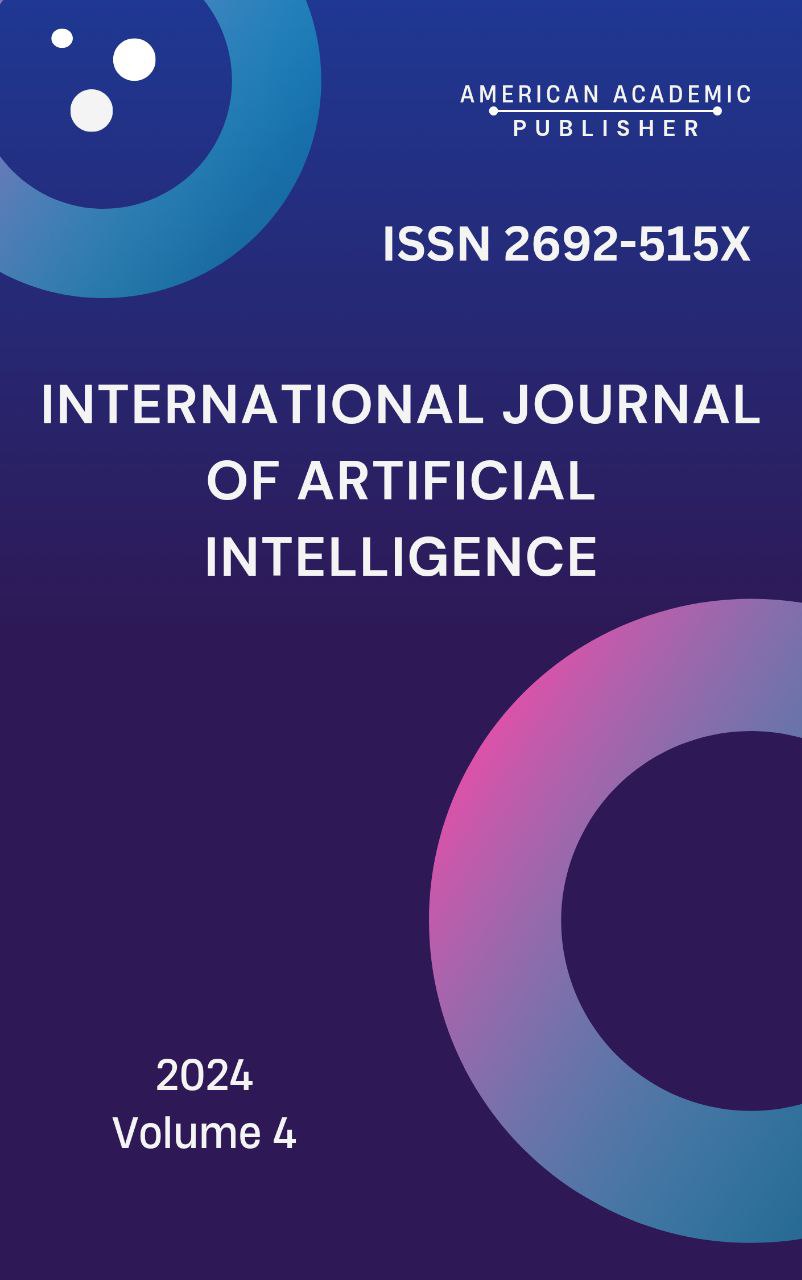 Articles
| Open Access |
Articles
| Open Access | EXPLORING TYPES OF CORPORA: HOW UZBEK LEARNERS OF ENGLISH CAN BENEFIT FROM CORPUS LINGUISTICS
Ibotova Zulayxo Abdurazzoqovna , Assistant-teacher of Uzbekistan State University of world languagesAbstract
This paper explores the various types of corpora and their potential benefits for Uzbek learners of English through the lens of corpus linguistics. It discusses the significance of both written and spoken corpora, as well as specialized corpora tailored to specific fields. The study emphasizes how authentic language data can enhance vocabulary acquisition, grammatical accuracy, and reading comprehension. Additionally, it highlights the role of corpus analysis in fostering self-directed learning and increasing awareness of language variation in different contexts. The aim is to empower Uzbek learners to improve their English proficiency and communication skills in diverse settings.
Keywords
corpus linguistics, written corpora, spoken corpora, specialized corpora, vocabulary acquisition, grammatical accuracy, self-directed learning, authentic language data, language proficiency.
References
Biber, D., Conrad, S., Reppen, R. (1998). Corpus Linguistics: Investigating Language Structure and Use. Cambridge University Press.
McEnery, T., Hardie, A. (2011). Corpus Linguistics: Method, Theory and Practice. Cambridge University Press.
Tognini-Bonelli, E. (2001). Corpus Linguistics at Work. John Benjamins Publishing.
Granger, S. (2002). "A Bird's Eye View of Learner Corpus Research." In Learner English on Computer, edited by S. Granger, J. Swales, and P. Williams, 3-18. Pearson Education.
Baker, P. (2006). Using Corpora in Discourse Analysis. Continuum.
Flowerdew, L., Miller, L. (2005). Key Concepts in English for Specific Purposes. Routledge.
The functions of aphoristic units in the language AF Lutpullayevna
Mugallim xam uzliksiz bilimlendiiu 2 (2/1), 117-124
Article Statistics
Downloads
Copyright License

This work is licensed under a Creative Commons Attribution 4.0 International License.

